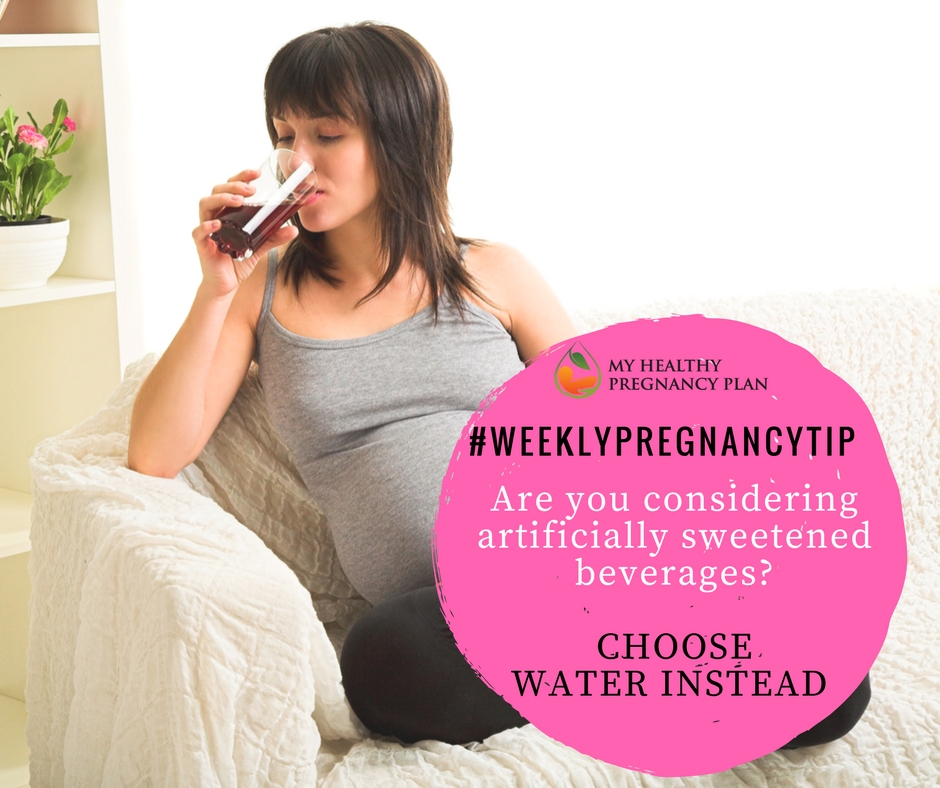
With all of the research out there on the importance of reducing sugar intake during pregnancy, many women are turning to artificially sweetened beverages (ASBs) as a “healthy alternative” to sugar-sweetened soft drinks in their pregnancies.
Over the years a number of concerns have been raised about ASBs in pregnancy. Previous research has shown that maternal consumption of ASBs may play a role in childhood allergic disease development: children of mothers who consumed ASBs during pregnancy were more likely to develop childhood asthma and allergic rhinitis (hay fever). Women who consumed ASBs during pregnancy were also shown to have a higher risk of preterm delivery.
More recently, a Danish study showed that children of mothers who consumed ASBs daily in pregnancy also have a higher risk of childhood obesity at age 7. These inter-generational metabolic impacts highlight that ASBs are clearly not the healthy, weight-conscious alternative they were once touted to be.
So what should be consumed instead of artificial sweeteners like aspartame and sucralose? Sugar-sweetened beverages carry their own health impacts, including increased weight gain and increased risk of gestations diabetes. And “natural” alternatives to sugar, like Stevia, while generally considered safe, have insufficient research on safety during pregnancy. With no great alternatives out there, it’s best to stick to water (spritzed up with a slice of lemon or sprig of mint) for now…
I hope you have found this helpful, and do let me know if you have any questions!
If you are hungry for more evidence-based information in your pregnancy, sign up for my free webinar: 7 Pregnancy Myths Debunked – and get the information you need to have a healthy pregnancy and a thriving baby.
And if you are a care-provider looking for evidence-based resources for your pregnant patients, please get in touch with us at support@myhealthypregnancyplan.com.
In health,
Dr Jocelyn Land-Murphy, ND
Terra Life
Disclaimer: The information and content provided is for general educational and informational purposes only and is not professional medical advice, nor is it intended to be a substitute therefore. Please consult the Disclaimer and Terms of Use for full details.
References:
Halldosson, T. et al. (2010). Intake of artificially sweetened soft drinks and risk of preterm delivery: a prospective cohort study of 59,334 Danish pregnant women. American Journal of Clinical Nutrition,
Maslova, E. et al. (2013). Consumption of Artificially-Sweetened Soft Drinks in Pregnancy and Risk of Child Asthma and Allergic Rhinitis. PLOS One, 8(2): e57261
Zhu, Y. et al. (2017). Are You What Your Mother Ate: Maternal Artificially-Sweetened Beverages Intake During Pregnancy and Offspring Growth and Obesity Through Age 7 Years? The FASEB Journal, 31(1): 457.1.





